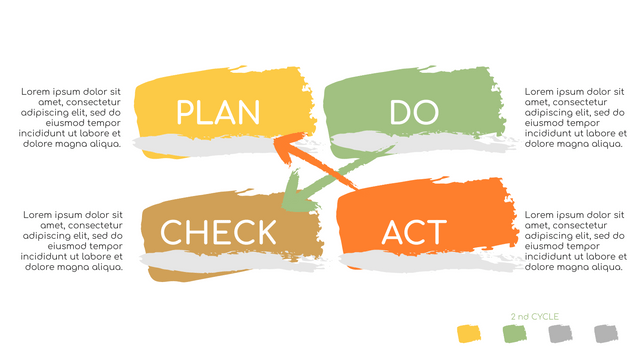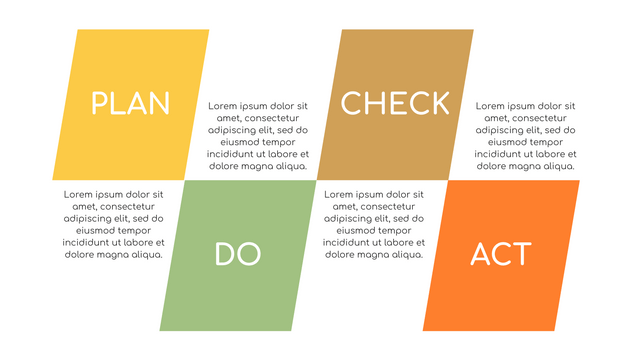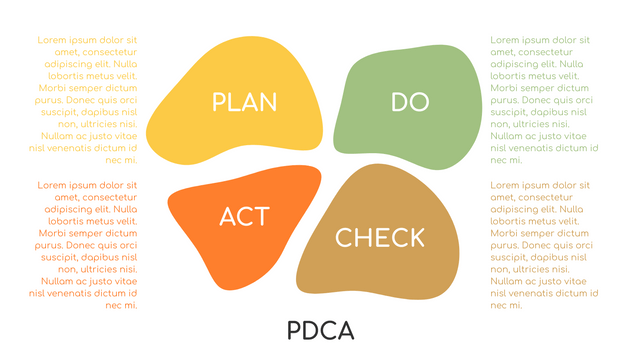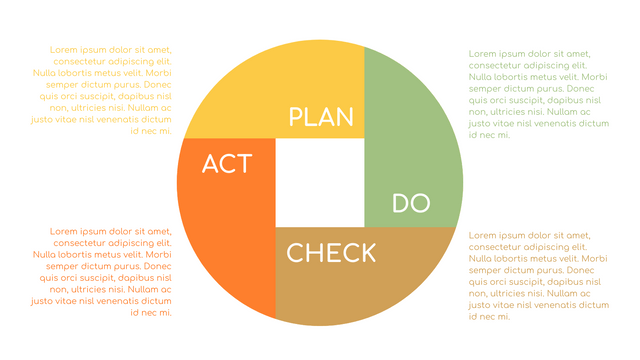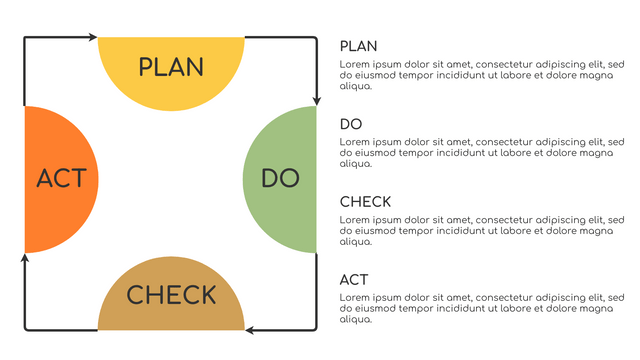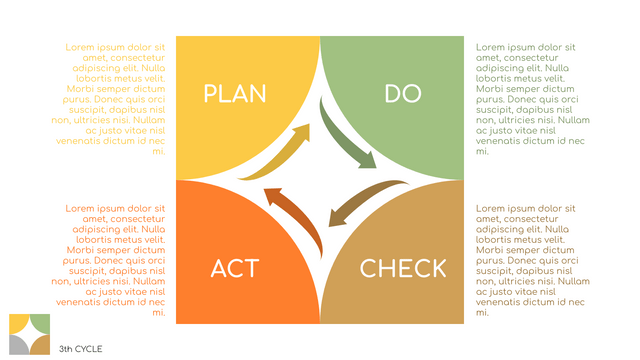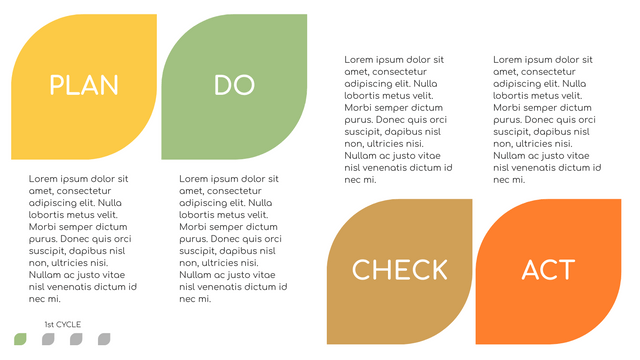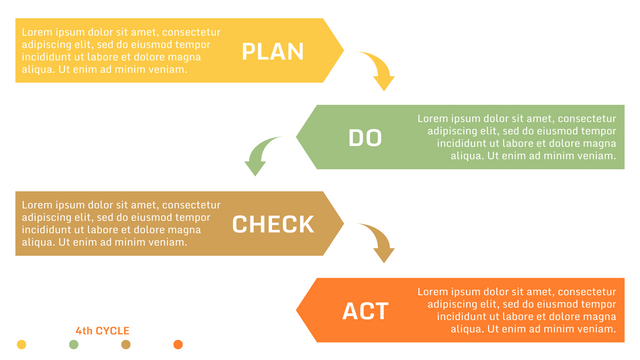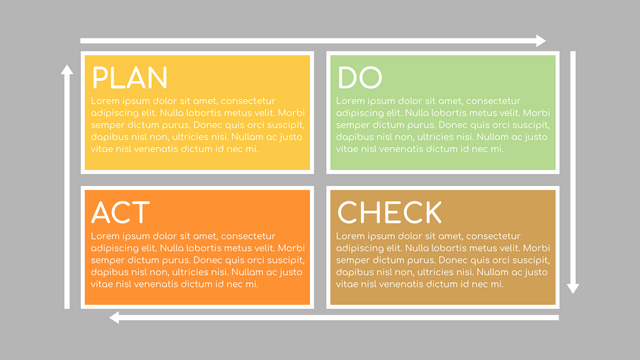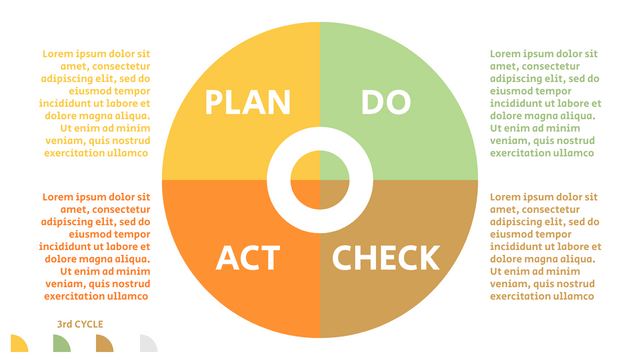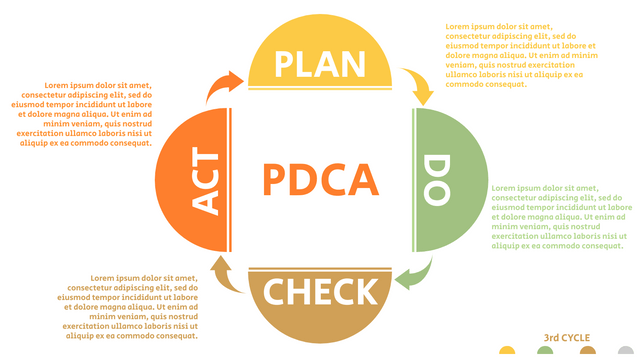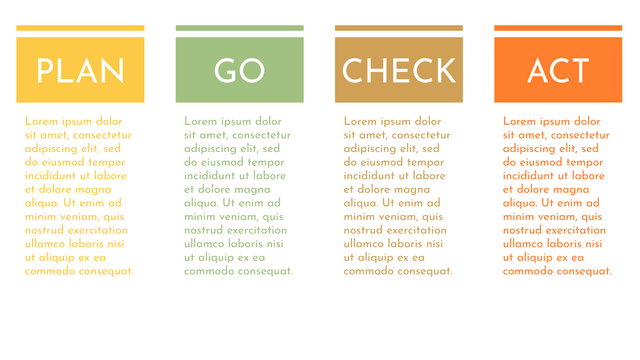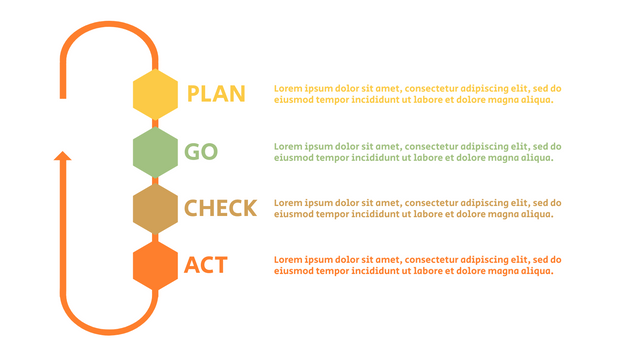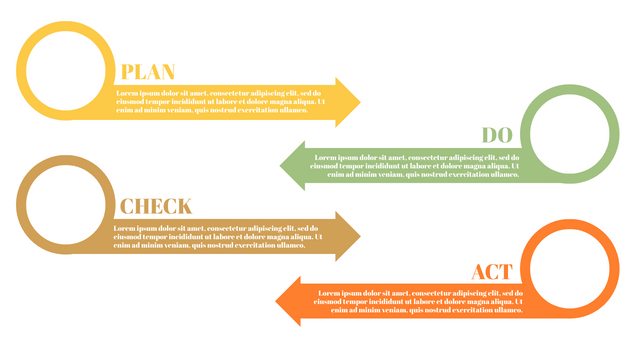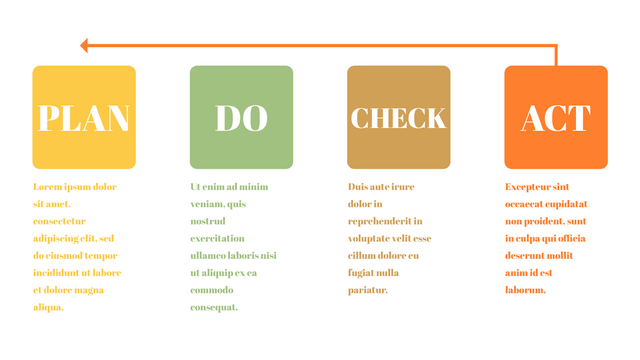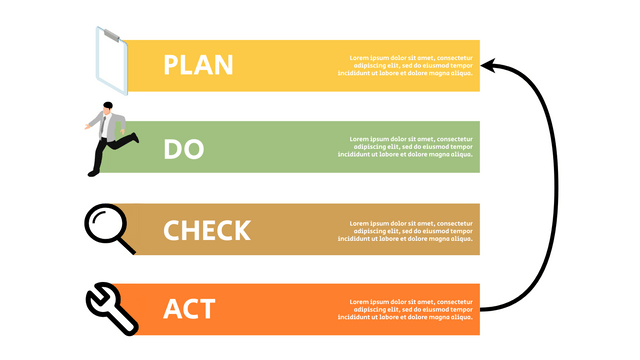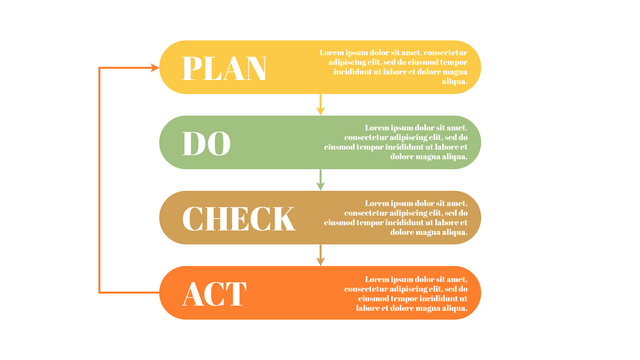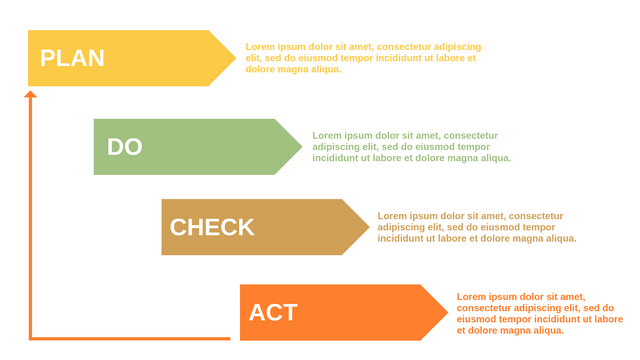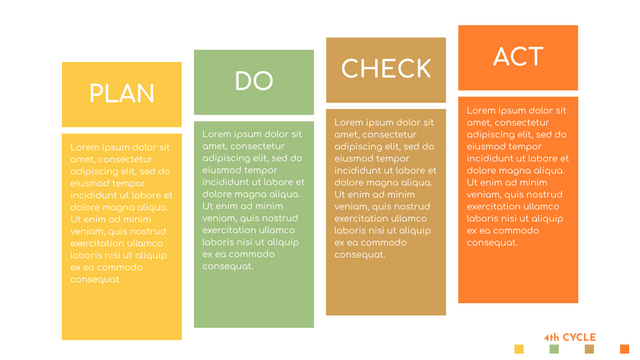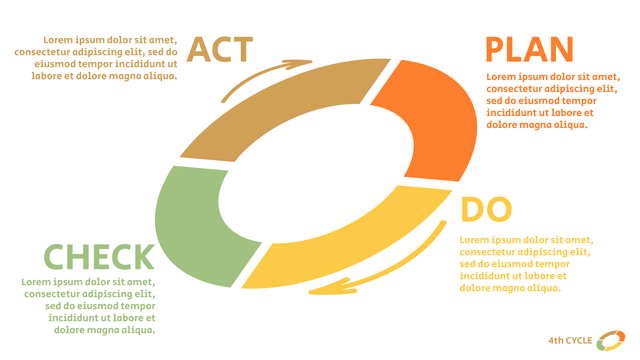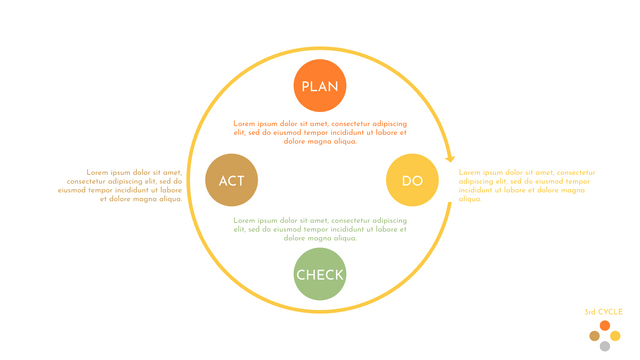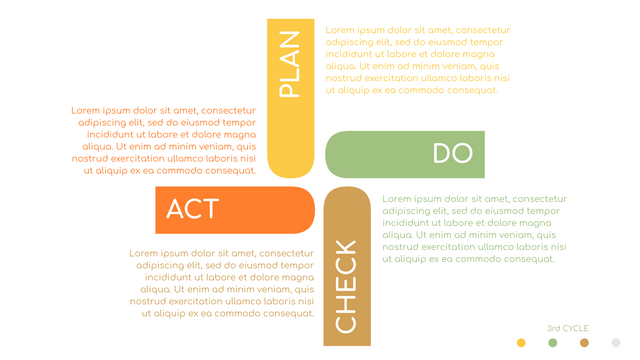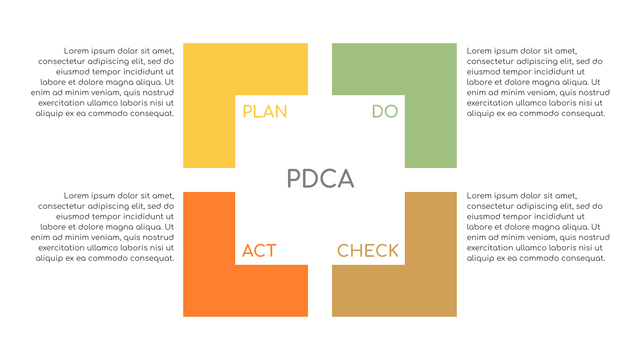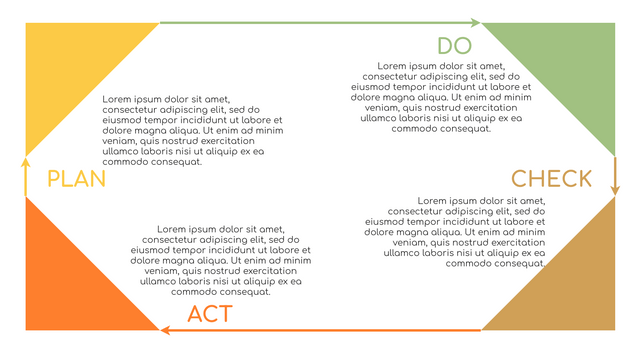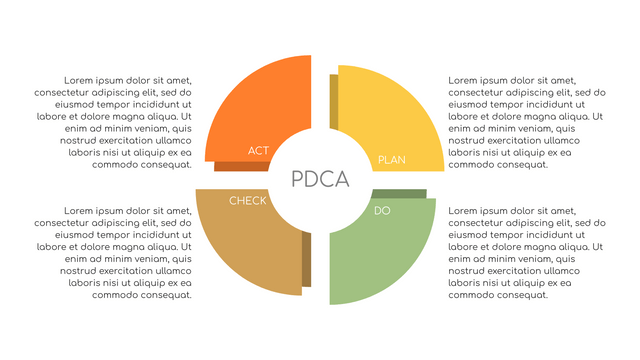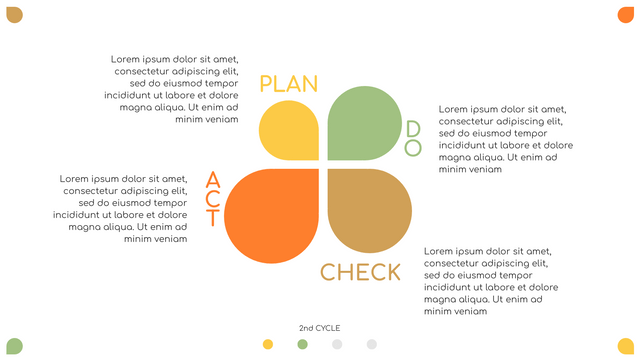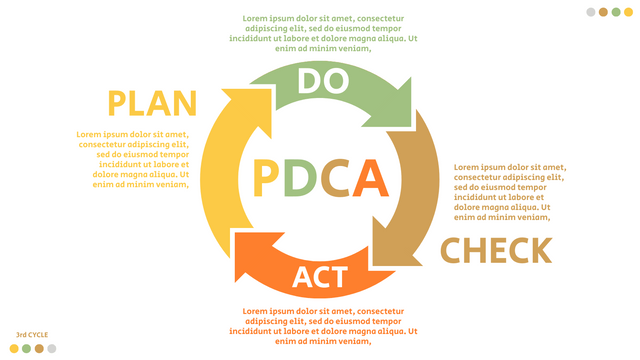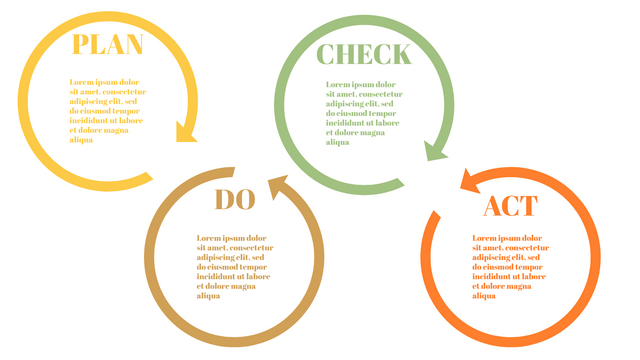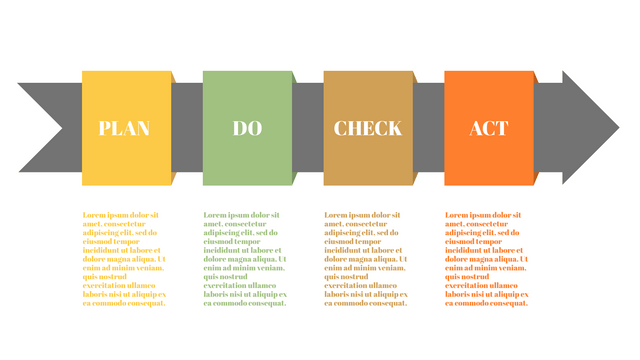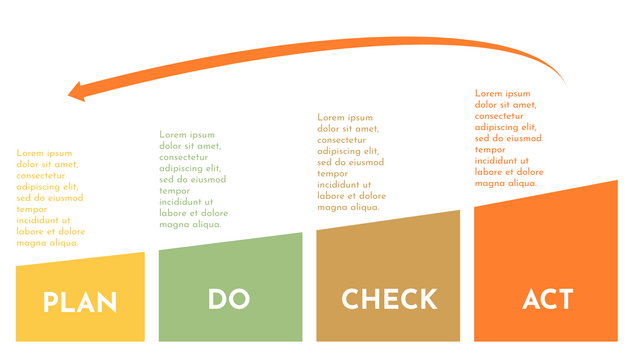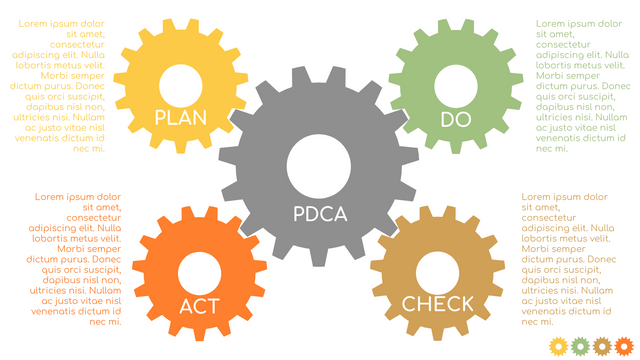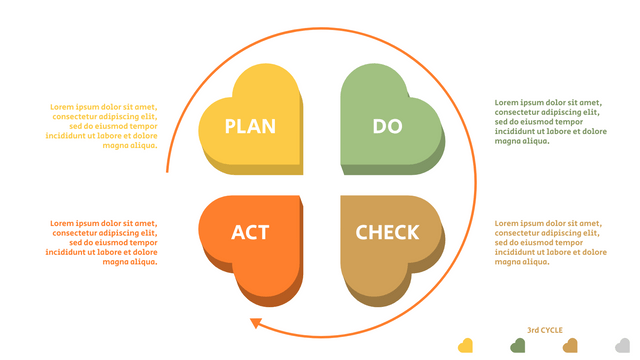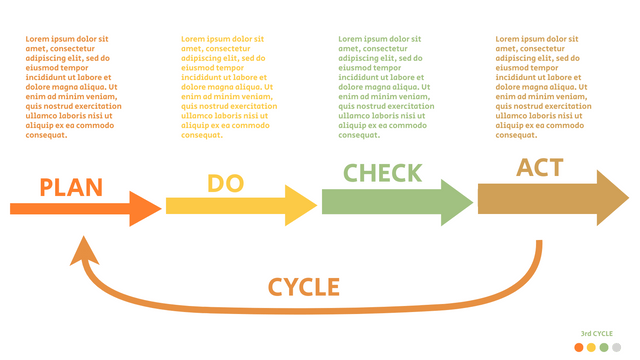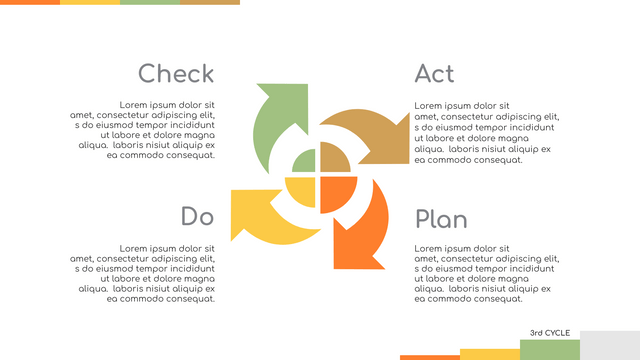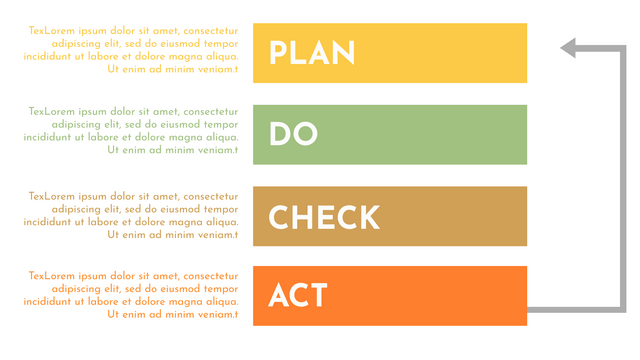History of PDCA
The American statistician and physicist Walter Shewhart is considered the father of the PDCA. He was passionate about statistical analyzes and quality improvements and created the basis for PDCA with numerous publications. Years later, inspired by Shewhart's ideas, William Deming developed the model into a real learning and improvement cycle, which then became known as the PDCA. For this reason, the model is also known as the Shewhart cycle or Deming cycle.
What is PDCA?
The Plan-Do-Check-Act (PDCA) cycle is the model for quality management. It has also been an important aspect of what is now known as Lean Management. The model proposes solutions for research, interpretation of outcomes and enhancement of processes.
For example, that you have a lot of customers feedback about the slow response time of your support staff. Then you definitely need to change the way the staff works to make consumers happier. This is where the PDCA is moving in.
PDCA is a simple four-step method that teams can use to avoid recurring errors and improve processes. The Plan-Do-Check-Act (PDCA) cycle is the model for quality management. PDCA is a simple four-step method that teams can use to avoid recurring errors and improve processes. It is the abbreviation of the four words Plan, Doing, Check, Action:
P (plan): planning. According to the requirements of customers and the goals established by the organization, it can also be a process improvement plan. During the entire certification process, managers should always look for opportunities for improvement, and organize human resources and material resources to ensure their thoroughness.
D (Doing): Implementation. Specific implementation based on the target.
C (Check): Check. The measurement method used to evaluate the results during the planning process.
A (action): Deal with. The actual results may be different from the expected results. The unqualified personnel should be trained and educated, and warning should be given when necessary.

